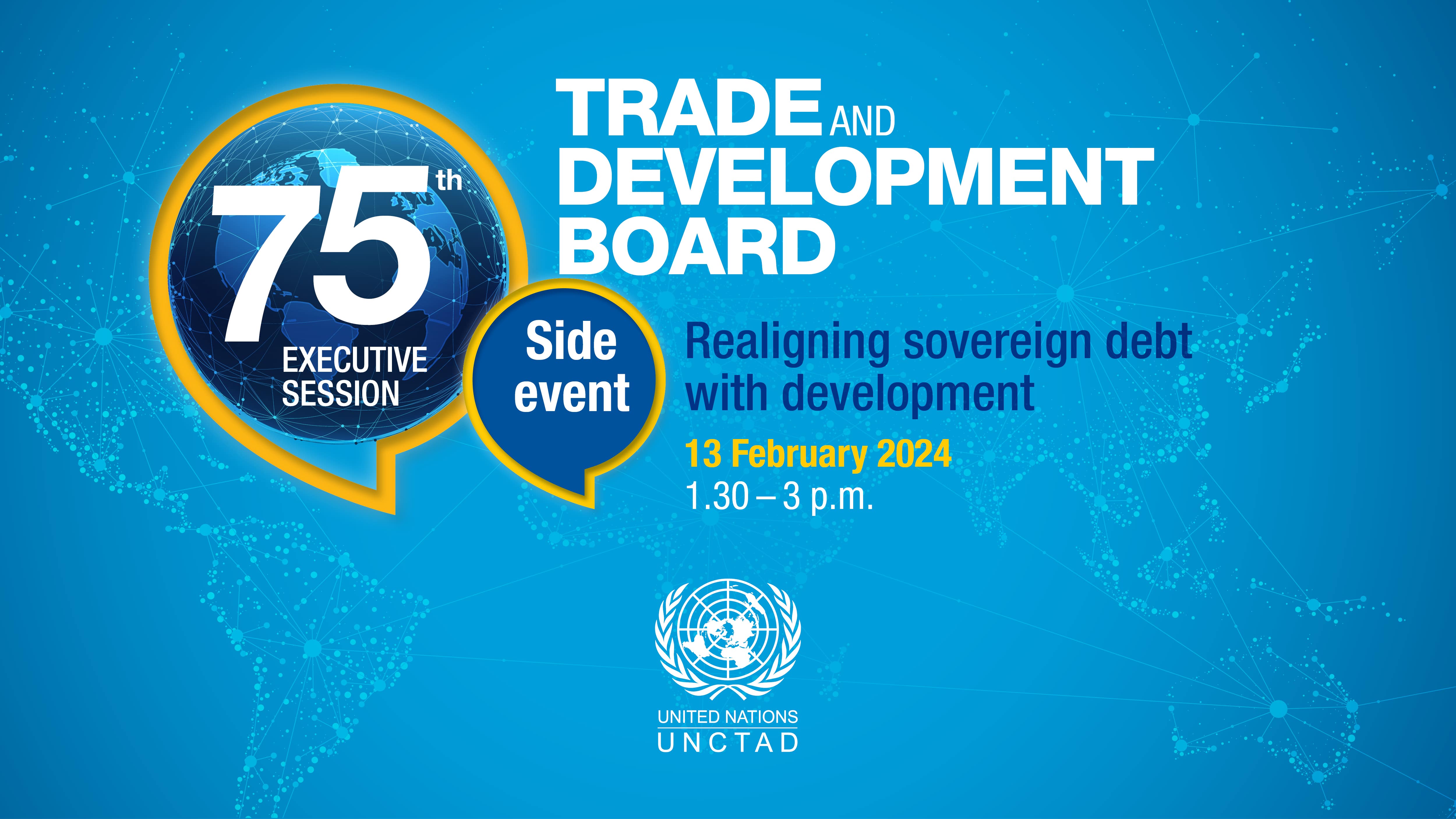
Realigning Sovereign Debt with Development
UNCTAD’s most recent Trade and Development Report 2023 strongly advocates for realigning the global debt architecture to better serve developing countries and their development goals.
The current international financial system is increasingly out of sync with these priorities and marked by resource asymmetries between borrowers and lenders. This, coupled with the vast financing gap for climate-related Sustainable Development Goals, forces many countries to take on more debt, exacerbating the challenges in mitigating climate events and amplifying the burden on developing nations. Added to this, the continuous servicing of barely affordable debt drains resources from development.
Despite the urgency of these concerns, responses to sovereign debt challenges have been slow and insufficient, underscoring the need for comprehensive and systemic reform to establish a development centred financial ecosystem. This analysis is further elaborated in Chapter 5 of the report.
The global discourse is increasingly focusing on liquidity problems as well as solvency issues, which is guiding the design of mechanisms to address the current challenges facing developing countries.
Programme
The discussion will focus on UNCTAD policy proposals.
Moderated by Anastasia Nesvetailova
-
Addressing weaknesses of the life cycle of sovereign debt by Penelope Hawkins, UNCTAD
-
Frontier economies and the acquisition phase of sovereign debt by Daniela Prates, UNCTAD
-
Sovereign default: taking the long view by Juan Flores Zendejas, University of Geneva
Followed by a Q&A session


